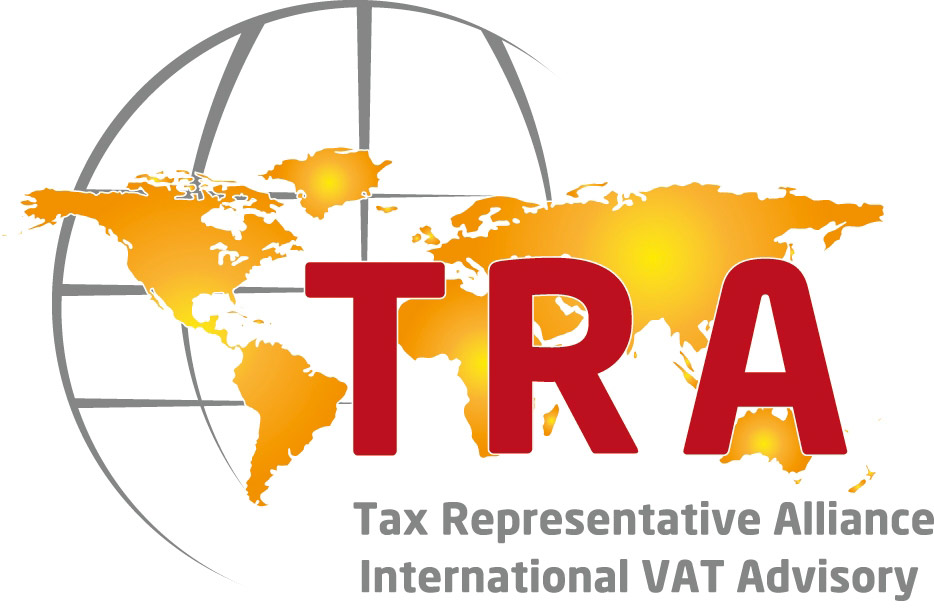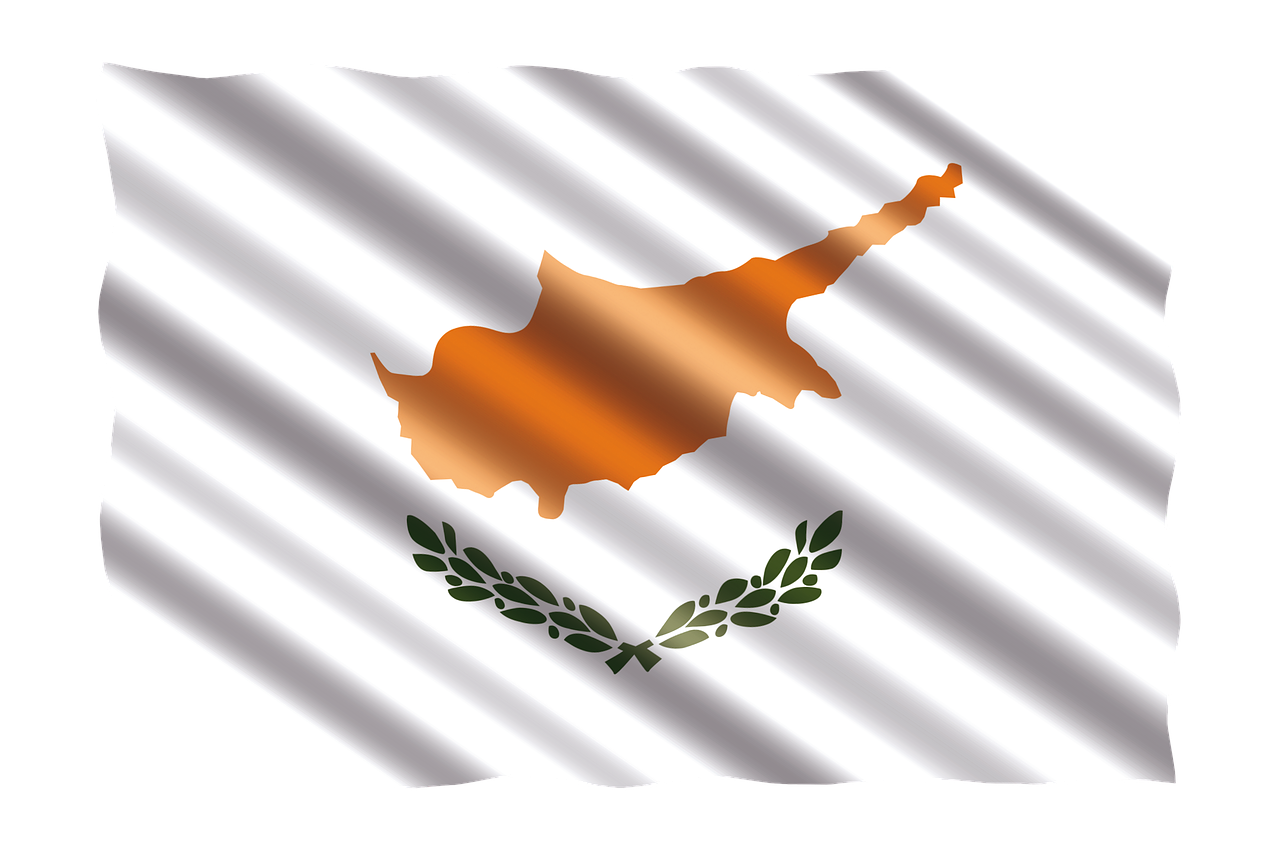The main VAT changes in Cyprus over the last few months concern the implosion of VAT at 19% on the leasing/rental of immovable properties and undeveloped building land, as provided for in the amending VAT Law No. 157(I)/2017 of 13 November 2017.
Furthermore, important changes in policy has been advised by the Tax Department in respect of the rules applicable to VAT groups and the treatment of wholesale supplies by Tour Operators under the Tour Operators Margin Scheme.
In addition, important recap and clarifications of the Tax Department’s position was given in respect of the VAT status of holding companies and their input VAT deduction rights, as well as the zero-rating of certain services for the direct need of sea going vessels.
The changes are discussed and summarized below.
I. Leasing/rental of immovable property for business purpose
As from 13 November 2017, immovable properties, other than properties used as dwellings, leased or rented for business purposes from taxable persons are subject to the standard VAT rate of 19%, unless the lessor has opted for non-taxation of the specific property.
The new legislation captures all contacts entering into force on or after 13 November 2017 and does not apply to lease/rental contracts already in force on that day, or existing contracts with automatic renewal or price increase clauses.
Taxpayers are given the right to opt out of the taxation by submitting a notification to the Commissioner of Taxation. The option is irrevocable and remains in force until a change in ownership occurs.
An obligation for a VAT registration arises over the normal VAT registration threshold of EUR 15,600 taking into account all of the lessor’s taxable transactions.
To prove an obligation for VAT registration, applicants must present the respective lease/rental contract(s) in addition to any other information that is normally required.
For the purposes of the new legislation, the Tax authorities have given a specific meaning to the requirement of the law for the lessee to be a taxable person. In particular, the lessee of the property must be a taxable person with taxable transactions of not less than 90% of his overall output transactions.
The lessor is responsible to collect, as of the date of the relevant lease/rental contract, the necessary details and/or confirmation from the lessee in the respect of the nature of the lessee’s output transactions and the level of his taxable outputs.
Depending on the lessor’s VAT status at the time a relevant immovable property was acquired and the time of its first use, the rules of the Capital Goods Scheme will apply to all immovable properties which have been in use for less than 10 years, as at 13 November 2017.
As a result, VAT incurred on properties acquired before the new legislation was in force, which are now used in making taxable supplies would benefit from a proportionate input VAT deduction under the provisions of the Capital Goods Scheme.
VAT incurred on relevant properties acquired or put in first used after 13 November 2017, which are used for making taxable supplies (e.g. taxable rents), will be fully deductible and only subject to proportionate adjustment if exempt or non-business use subsequently occurs.
II. Undeveloped building land
As from 2 January 2018, supplies of undeveloped building land, which is intended for the construction of one or more structures, by persons involved in economic activities are subject to VAT at the standard VAT rate of 19%.
The new legislation applies to contracts deposited at the Department of Land & Surveys or at the Tax Department on or after 2 January 2018.
The meaning of undeveloped building land for the purposes of the new legislation is provided for in new Regulations, whereby undeveloped land within a livestock area, land under environmental protection, archaeological sites and agricultural land are specifically excluded.
The Tax Department has clarified that each case will be reviewed separately and the involvement of the supplier in an economic activity determined on the basis of the individual facts.
Occasional transactions with undeveloped building land undertaken by non-taxable persons are not to be treated as an economic activity unless the land is owned by a legal entity.
III. VAT groups
Following the issue by the Tax Department of an interpretive VAT Circular (No. 221) on 12 January 2018, non-Cypriot incorporated legal entities will be eligible to join a Cypriot VAT group.
The pre-requisite remains that all members of a VAT group need to be bound by financial, economic and organization links.
IV. Holding Companies
In an interpretative VAT Circular (No. 222) issued on 9 January 2018, the Tax Department sought to provide some additional guidance as to the VAT treatment of holding companies.
It was re-iterated that, as per the settled case law of the European Court of Justice and as per the provisions of the Cyprus VAT Law, companies that merely hold shares in other enterprises are not taxable persons. However, holding companies involved in the management of their subsidiaries, either ‘directly’ or ‘indirectly’ are taxable persons where they provide services to their subsidiaries for a consideration.
The ‘direct’ or ‘indirect’ involvement in the management of the subsidiaries is to be established on the basis of factual evidence, such as board resolutions, agreements for management services, common directors, etc.
Crucially, the involvement of a holding company in the management of its subsidiaries, by a way of providing taxable services for a consideration, gives the holding company a right to input VAT deduction.
Where, a holding company undertakes mixed activities, for example providing taxable services to some subsidiaries and not to others or making both taxable and exempt supplies, input VAT recovery is allowed up to the extent of the holding company’s taxable activities. If a holding company acquires services for the purposes of any of its subsidiaries without recharging them to the respective subsidiary, no input VAT deduction is allowed on these specific services.
V. Wholesale supplies by Tour Operators
The Tax Department issued an interpretative VAT Circular (No. 223) on 24 January 2018 in respect of the application of the Tour Operators Margin Scheme (‘TOMS’) to wholesale supplies (supplies for resale).
The Circular advises that wholesale supplies of designated travel services made from one Tour Operator to another business should be treated as margin scheme supplies falling within the TOMS.
The change of the treatment is expected to have a significant effect on all wholesale supplies of designated EU travel services by Cypriot Tour Operators, with 19% VAT applicable on the respective margin.
The treatment is to applied retrospectively as from 23 September 2013 in line with the European Court of Justice decisions in the infringement cases C-189/11 (Spain), C-193/11 (Poland), C-236/11 (Italy), C-269/11 (Czech Republic), C-293/11 (Greece), C-296/11 (France), C-309/11 (Finland) and C-450/11 (Portugal).
It should be noted that, the Tax Department states in its Circular that all cases already examined by the Department will be considered closed and will not be re-opened despite the advised change of treatment. However, cases where oral or written responses have been given by the Tax Department without an examination, will be subject to the revised treatment.
VI. Services for the direct need of sea going vessels
With interpretative VAT Circular (No. 224) issued on 22 January 2018, the Tax Department reminded taxpayers of the application of Paragraphs 3(a) and 5(a) of Schedule 6 of the Cypriot VAT Law in respect of services provided for the direct needs of sea going vessels.
Specifically, it was advised that ‘fee out charges, ‘wharfages’, ‘delivery porterages’, ‘terminal handling charges’ and ‘destuffing’ provided in respect of ‘qualifying’ vessels (as defined in Paragraph 3(a) of Schedule 6), are subject to VAT at 0%.
In addition, it is clarified that ‘mooring’ and ‘passenger handling’ services provided by the operators of the Cypriot ports are also subject to 0% VAT, irrespective of whether they are provided to the ship owner or the ship management company, as longs as the vessel meets the requirements of Paragraph 3(a) of Schedule 6.


